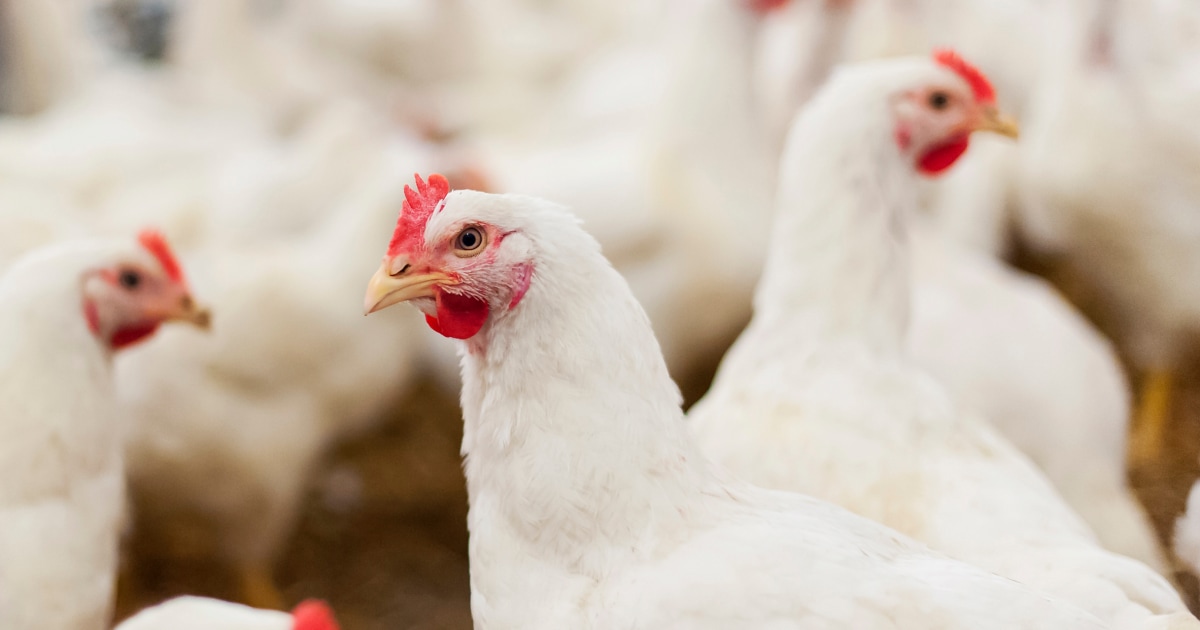Consumer Train tickets: how much UK rail fares could increase in 2025 - price increases and ONS RPI figure explained By Alex Nelson Jobs and finance writer Comment Published 16th Aug 2024, 11:46 BST Watch more of our videos on Shots! and live on Freeview channel 276 Visit Shots! now July’s crucial inflation figure could impact next year’s rail fare hikes 📉 The ONS has announced July's Retail Prices Index inflation figure, traditionally used to set rail fare increases Rail fare increases are typically implemented in January each year About 45% of UK rail fares are regulated by government entities The Government aims to announce fare rises later this year and plans to bring services into public ownership The Office for National Statistics has announced the July inflation figure that is traditionally used to set annual rail fare increases. Sign up to the weekly Cost Of Living newsletter. Saving tips, deals and money hacks.
Sign up Thank you for signing up! Did you know with a Digital Subscription to The News, you can get unlimited access to the website including our premium content, as well as benefiting from fewer ads, loyalty rewards and much more. Learn More Sorry, there seem to be some issues. Please try again later.

Submitting...
This site is protected by reCAPTCHA and the Google Privacy Notice and Terms of Service apply. It gives rail passengers an indication of by how much train ticket prices might increase - rises are typically implemented at the beginning of each year, usually in January. Advertisement Hide Ad Advertisement Hide Ad The figure - 3.
6% this year - corresponds to last month’s Retail Prices Index (RPI), which until 2023 was used by the Westminster governments to cap annual rises in regulated fares in England. About 45% of fares on Britain’s railways are regulated by the Westminster, Scottish and Welsh Governments. They include season tickets on most commuter journeys, some off-peak return tickets on long-distance routes and flexible tickets for travel around major cities.
So what does it mean for rail prices, and by how much will they actually increase come the New Year? Here is everything you need to know. Advertisement Hide Ad Advertisement Hide Ad (Photo: Rail Photo/Construction Photography/Avalon/Getty Images) | Getty Images Will train prices increase in January? The Department for Transport (DfT) has not yet indicated whether the announced ONS inflation figure will affect train fare adjustments. Historically, the July RPI has been used to set the cap on the maximum increase allowed for regulated fares, which include season tickets and many commuter fares.
But since 2023, there have been adjustments to this system. Instead of solely relying on the RPI, other economic measures like average earnings growth have been considered for setting fare increases, reflecting a shift in how fare caps are determined. In 2023, fare increases were tied to the UK’s average earnings growth during the quarter leading up to July 2022.
A separate figure of 4.9% - apparently not based on a specific economic measure - was employed for the 2024 fare rise. Advertisement Hide Ad Advertisement Hide Ad A DfT spokesman said: “The Transport Secretary is delivering the biggest overhaul of our railways in a generation, to provide better services for passengers, while saving millions of pounds in fees paid to the private sector.
“No decisions have been made on next year’s rail fares but our aim is that prices are as affordable as possible for passengers.” When will fare rises be announced? The new Labour Government is planning to announce fare rises later this year. It may opt for a lower increase depending on broader economic conditions and policy decisions.
Indeed, it has promised to bring all passenger railway services back into public ownership when existing private contracts come to an end and has introduced the Passenger Railway Services (Public Ownership) Bill to achieve this. Advertisement Hide Ad Advertisement Hide Ad Johnbosco Nwogbo, lead campaigner at anti-privatisation group We Own It, said: “After 30 years of ever-increasing fares in exchange for endless cancellations and a shoddy service, the Government has now set our railway on the right track. “But rail nationalisation must also bring real change on fares.
British passengers pay some of the highest fares in Europe. “With the reforms the Government is introducing to the railway, they have a historic opportunity to create a rail fares policy that puts passengers and planet first. “With temperatures hitting historic highs, our railway can be a lever in the fight against climate change by luring drivers back to the trains.
” Advertisement Hide Ad Advertisement Hide Ad Chris Page, who chairs lobby group Railfuture, said: “When the UK, Welsh and Scottish Governments decide how much to bump up fares next year, we want to see decisions that are fair for passengers. “The acid tests will be how the increases compare with costs paid by other modes of travel, most noticeably coaches, air and, of course, the car.” What do you think about the potential impact of the new inflation figures on rail fares? How do you feel about the shift from RPI to other economic measures in determining increases? Share your thoughts in the comments section.
Continue Reading Related topics: Rail passengers Travel Trains Money Boost Comment Comment Guidelines National World encourages reader discussion on our stories. User feedback, insights and back-and-forth exchanges add a rich layer of context to reporting. Please review our Community Guidelines before commenting.
.



















